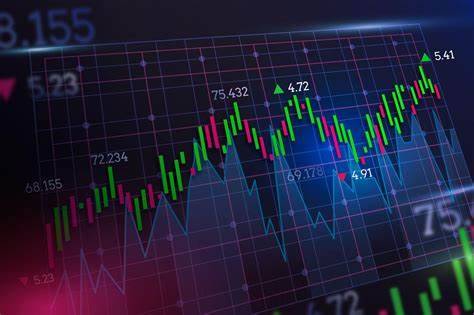Forex, short for foreign exchange, is the global marketplace where currencies are traded. It operates 24 hours a day, five days a week, and is considered the largest and most liquid financial market in the world. Unlike a stock market that has a centralized exchange, forex trading takes place over-the-counter (OTC), meaning it’s conducted electronically through a network of banks, brokers, institutions, and individual traders.
At its core, forex trading involves buying one currency while simultaneously selling another. Currencies are traded in pairs, like EUR/USD (euro against the US dollar) or GBP/JPY (British pound against the Japanese yen). The first currency in the pair is called the base currency, and the second is the quote currency. The value of a currency pair reflects how much of the quote currency is needed to purchase one unit of the base currency.
The aim of forex trading is to profit from changes in currency values. For instance, if a trader believes the euro will strengthen against the dollar, they might buy EUR/USD. If the euro does rise as expected, the trader can then sell the pair at a higher price, making a profit on the difference. However, the forex market is highly volatile, and prices can move quickly due to economic reports, geopolitical events, central bank decisions, and market sentiment. This makes forex both a potentially rewarding and risky endeavor.
Unlike traditional investing, forex trading often involves leverage, allowing traders to control a large position with a relatively small amount of capital. While this can amplify gains, it also increases the potential for significant losses. That’s why risk management and a clear strategy are essential for success in the forex market.
Many beginners are drawn to forex due to its low entry barrier and the promise of fast profits, but it requires discipline, education, and patience. Tools like demo accounts, economic calendars, and trading platforms can help new traders gain experience without risking real money. Ultimately, forex trading isn’t about luck—it’s about understanding the market, staying informed, and making calculated decisions based on analysis and sound judgment.



No comments yet
Be the first to share your thoughts!